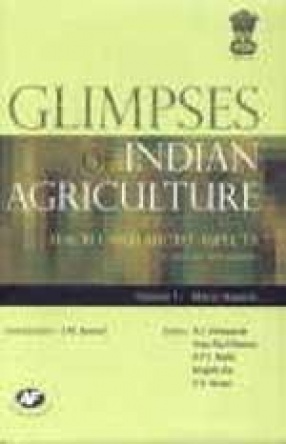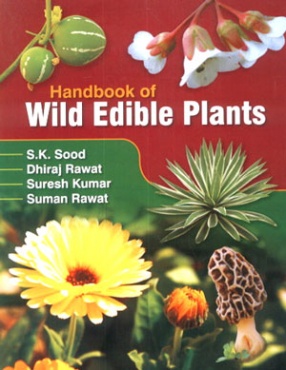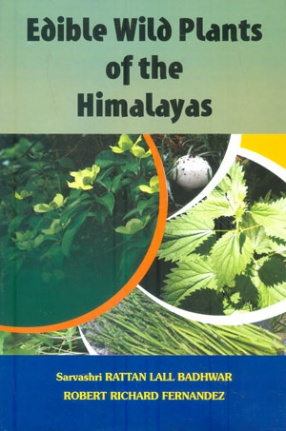Forest Biotechnology in India
Forest science in India is very old and has been, by and large, colonial consumer oriented, which encouraged extraction of forest resources, particularly timbers, medicinal plants, paper pulp, etc. as well as identification of diseases, insect pests and their management in the field and forest depot. Consequently, it fostered reckless exploitation of our forest resources to the extent of their decimation, which underlines the significance of replenishment and productivity amelioration to the level of sustainable utilization, environmental security and climate stabilization. The realization has led to emergence of forest genetics and population analysis, which converges into recent advances in biotechnology.Tropical forests are repository of valuable gene pool, which needs to be explored thoroughly and can be judiciously utilized for improvement of quality and productivity of existing forests/plantations. Keeping these points in view, it became pertinent to bring all forest biotechnologists together for deliberations to share their research endeavours and chalk out future course of action. In consonance, genetics and plant propagation division, tropical Forest Research Institute, Jabalpur organized a two day national conference on "Tree Biotechnology: Indian Scenario" on February 2005, which was attended by 75 leading forest biotechnologists of the country. They presented about 50 research papers. Of these, the reviewers recommended 30 research papers to be published as an edited volume for benefits of students, administrative authorities and researchers. The first paper presents research status of forest biotechnology in the country, followed by 12 research papers dealing with molecular diversity analysis of eucalyptus, poplar, teak, Albizia spp., etc, employing RAPD, ISSR, AFLP and isozyme markers. Some of the papers were way forward to address allelic diversity of individual gene. The subsequent 12 papers dealt with somatic embryogenesis and micro propagation of tropical timbers, bamboos, acacias, Indian drum tree, etc; whereas the remaining five research papers endeavoured to analyze disease resistance at genetic and molecular level and positive role of bio-fertilizer for boosting forest growth and productivity. All these papers were critically reviewed and prepared to cater to the need of wide audience. The editors expect that the information contained herein will serve as a strong reference point to foster research advancement in the field of forest genomics and proteomics and help construct high density genetic maps of economically important timber/non-timber forest species that will go a long way in alleviation of poverty of tribals, forest villagers; ensuring sustainable supply of raw material to forest based industries; improvement of environment and arresting of climate change
Get it now and save 10%
BECOME A MEMBER
-

Fauna of Sundarban Mangrove Ecosystem, West Bengal, India
-

Index-Catalogue and Bibliography of Protozoan Parasites from Indian Fishes: Supplement-I
-

Advances in Plant Breeding (In 2 Vols.)
-

The Sundarbans of India: A Development Analysis
-

Glimpses of Indian Agriculture: Macro and Micro Aspects (In 2 Volumes)
-

Genetics and Silviculture of Teak






Bibliographic information
S.A. Ansari
C. Narayanan
Tags